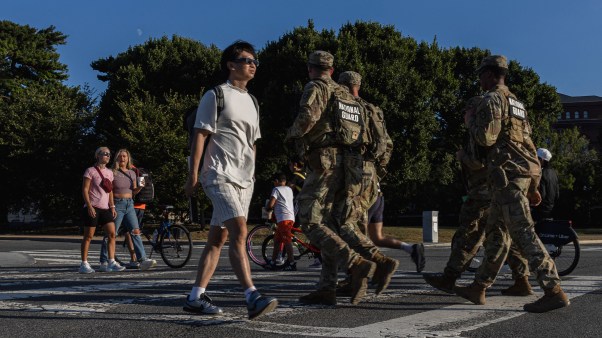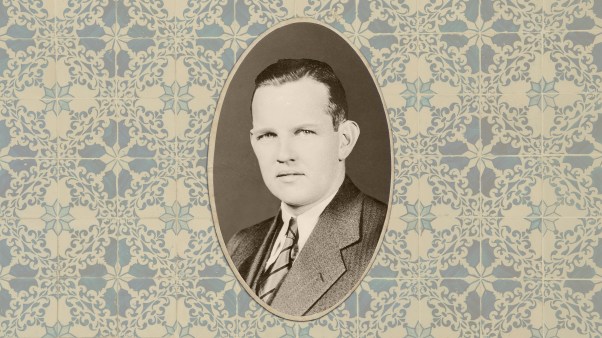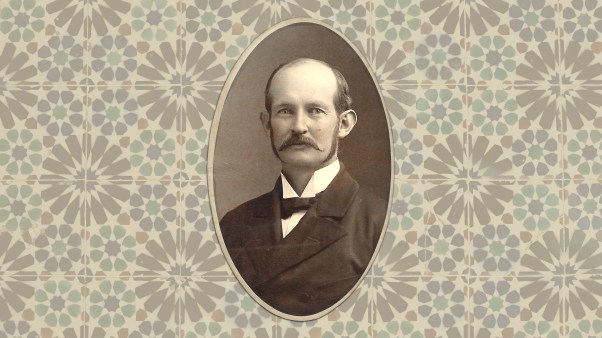A state judge in Florida ruled March 14 that the state’s new school voucher plan violates the state’s constitution.”Tax dollars may not be used to send the children of this state to private schools,” Circuit Judge Ralph Smith Jr. ruled. Smith said the 53 students in Pensacola who were the first to benefit from the program will lose their vouchers after this school year.Florida Gov. Jeb Bush, who strongly pushed for the voucher plan during his first year in office, said he would appeal the decision. Bush called Smith’s ruling the “first inning of a long, drawn-out legal battle.”Under Florida’s “Opportunity Scholarship” program, students at substandard public schools were able to seek vouchers valued at up to $3,389 to help pay for schooling at the private school of their choice, including church-affiliated schools.Students at schools that failed a state test two years out of four were eligible for vouchers. Pensacola students were the first to qualify, but up to 80 schools could have been deemed failures in June, making thousands of additional students eligible for the program.Smith said the program violated a provision of the Florida Constitution that requires the state to provide education to children through a “uniform, efficient, safe, secure and high-quality system of free public schools.” Smith’s ruling did not address questions of separation of church and state that were raised by many voucher foes.Opponents of school vouchers praised the ruling. “Florida officials can’t get around their constitutional duty to Florida’s schoolchildren by passing the buck to private and religious schools,” insisted Ralph Neas, president of People For the American Way Foundation.Barry Lynn, executive director of Americans United for Separation of Church and State, added, “Florida’s residents have made it clear that they want an efficient, well-funded public school system.”Voucher advocates say the program gives parents a powerful choice. “The public money doesn’t belong to the public schools. It belongs to the public,” said Pat Heffernan of Floridians for School Choice. “Instead of saying the kids should go to good schools whether they’re operated by the government or not, this [judge] is saying, ‘No, all kids should have to go to government schools whether they’re good or not.'”Clint Bollick, litigation director for the Institute for Justice, which represented Pensacola voucher students, said Smith’s ruling is based on a misunderstanding of the state’s constitution. “To keep these kids in failing schools is turning the constitution on its head. We believe a good education at a private school fulfills the goals of public education more than a bad education at a public school.”Bush expressed his disappointment with the decision. “In my view this is a gross distortion of the Florida constitution, and will be reversed by the higher courts.”In Wisconsin, school voucher programs are being used by about 8,000 students in Milwaukee and 4,000 in Cleveland. In both of those programs, the money goes to the low-income families. The Milwaukee program was upheld by a federal judge, but the Cleveland decision was struck down by a federal judge. The issue is likely to wind up before the U.S. Supreme Court.
Related Elsewhere
See coverage of this story in the
Miami Herald,
Associated Press, and
Washington Post.After the ruling, New York billionaire Ted Forstmann, said he would pay for the 52 students now attending Pensacola private schools to continue doing so. See the story in the
Miami Herald, as well as stories about
teachers who support vouchers and the
national voucher debate.”They are an experiment, not a proven solution,” editorialized the
Chicago Tribune, “but given the intractable failure of many American public schools, vouchers deserve a chance to show whether they can achieve what should be everyone’s paramount goal—assuring every child a sound education in a safe and orderly setting.”

Copyright © 2000 Christianity Today. Click for reprint information.








